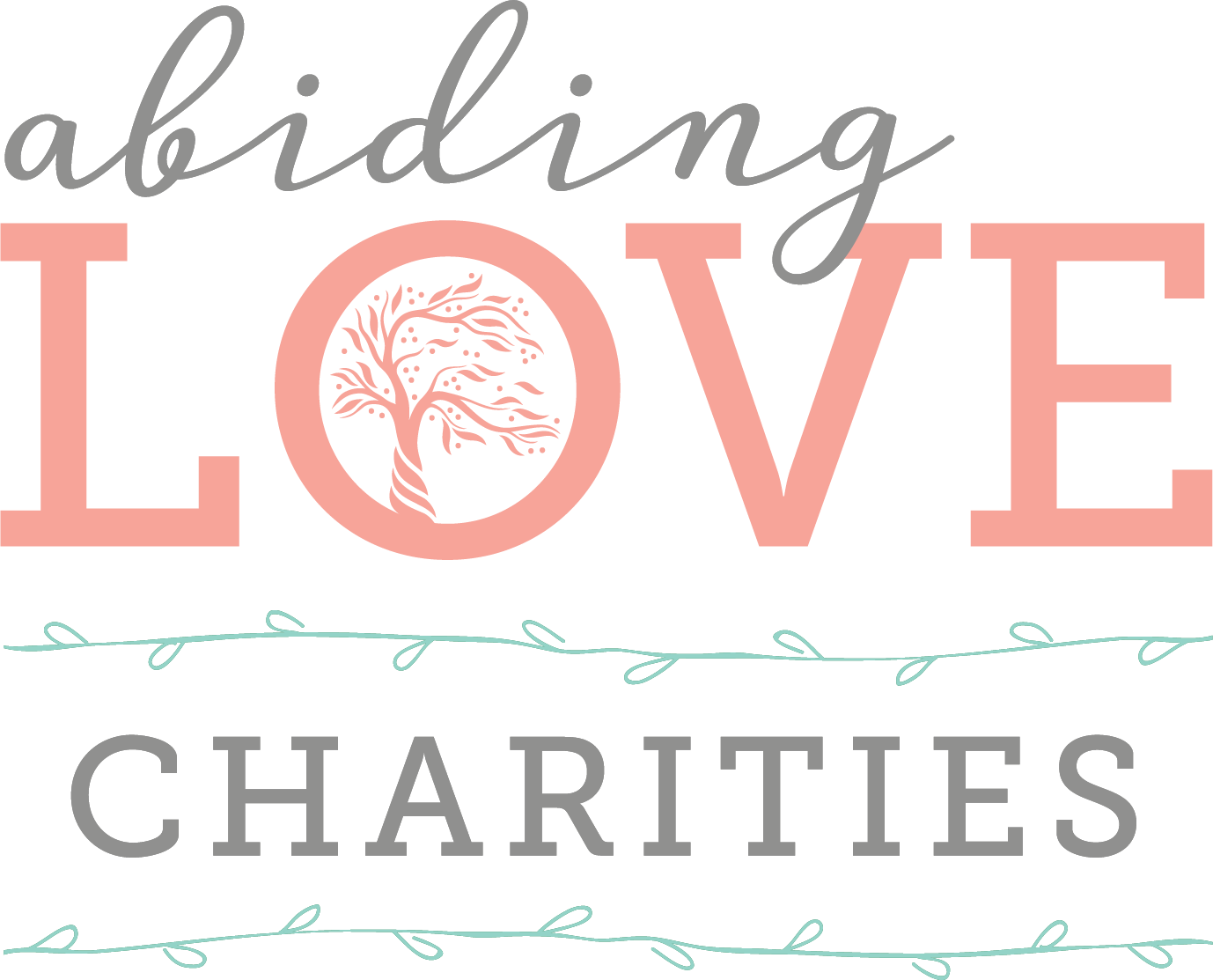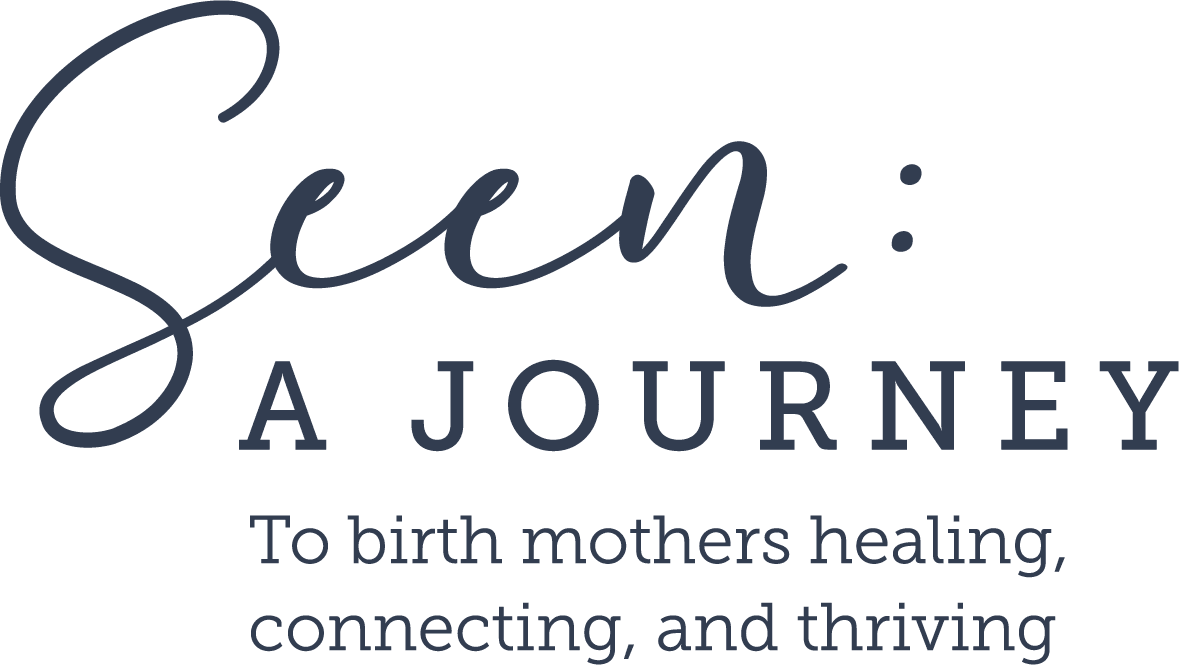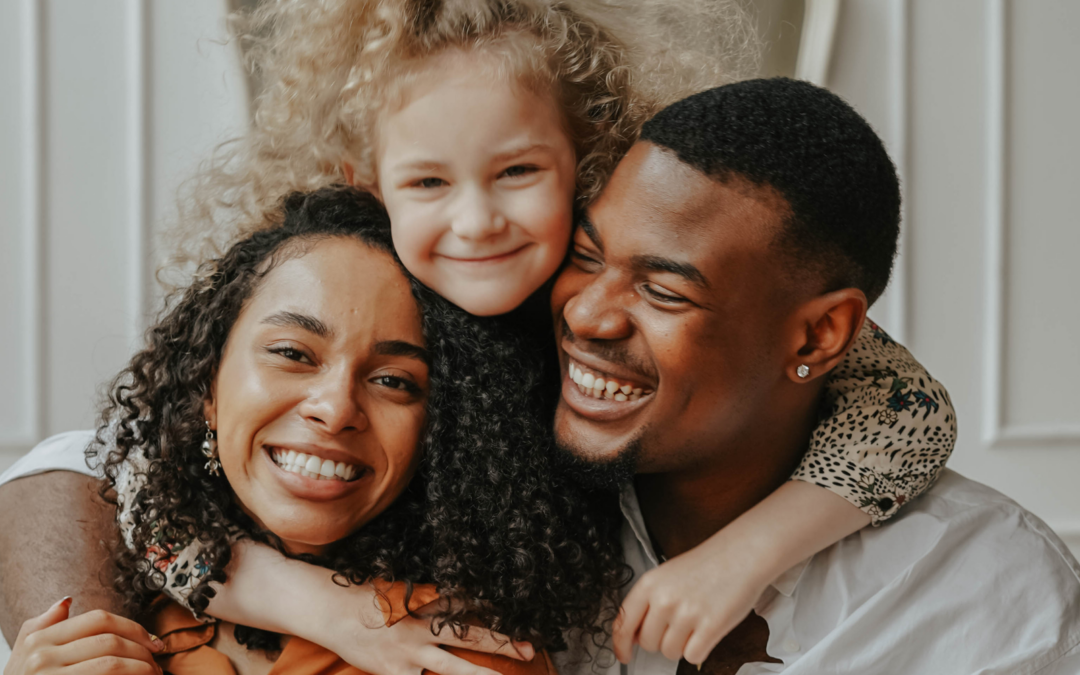As adoptive parents, we are the first line of defense for our child’s story. Throughout their childhood, they will hear many questions regarding their past. A good portion of those could be wildly invasive, or inappropriate. For some reason, our society hears the word adoption and thinks it is an open invitation to ask questions about the story that comes with it. Some questions may come from innocent, well-meaning, albeit misguided friends. Others may over-reaching; coming from those we ought to trust most- our family. Adoptive family dynamics is its own brand of challenging.
It is no secret that family dynamics are hard. All family dynamics have challenges. I’d love to meet the family with no difficult tensions, or conflicts. The truth is that no matter how a family comes to be, the closeness that exists within a family is the very thing that allows the sting of the wrong word spoken to cut as deep as it does.
Take for instance an insult from a stranger, you give it no second thought. But that same insult hurled at you from your sister cuts deep and wounds in a way that only familial bonds can bring about.
Adoptive Family Dynamics Can Be Tricky
For this reason, our children need the most protection regarding their adoption story from our families. It is no one’s right to have the intimate details of their mother’s social or medical history, no one’s right to the circumstances leading her to placement for adoption, no one’s right to make judgements, accusations, or assumptions about the woman who selflessly made a choice for her child.
I spoke with my friend Marcus, and he has allowed me to share a deeply personal adoptee experience with all of you in hopes of breaking through to some greater understanding on the importance of navigating family dynamics and conflicts.
Marcus heard from his aunt, time and time again, growing up that his mother was a drug addict who loved drugs more than him. For his entire adolescence, he believed the lie that he was unlovable. Despite the many people in his life that loved him. His aunt spoke over him an elementary belief that he was not worthy of the love of his mother. Years later, through therapy and family counseling, when he told his adoptive mother about this she was completely taken aback. Not only was she unaware of the things her sister had been saying to her son, but the accusations themselves were unfounded. When confronted the aunt simply said that she just assumed that drugs were the reason she “gave him up.” My friend and his mother cut off ties to this aunt for many years to heal, and process the deep pain she had caused by her ignorance. She had wounded him in irrevocable ways based on misconceptions about birth mothers that she believed. While his mother had no knowledge of these conversations, the core beliefs and deeply rooted bias against birth mothers is something that as a sister she should have been speaking truth into long before any of this came about. If the adoptive family dynamics were healthy and this family would have spoken openly and realistically about adoption, perhaps none of this would have happened. Marcus suffered as a result of his family not communicating enough about the realities of adoption and allowing family members to imagine whatever they desired regarding his adoption story. His mother did not instill confidence in his own adoption story so that he could combat the lies others spoke to him, and that is what caused such deep wounds.
How To Deal With Unhealthy Adoptive Family Dynamics
So, how do we practically approach adoptive family dynamics and their unique nuances that can bring about conflict? Here is a quick list to help guide you through:
- Keep it simple. Remember that you don’t owe anyone a long-winded explanation or answer regarding any part of your child or his birth mother’s story. “No” is a complete sentence, and it is okay to use it as such.
- Find Support. Get connected with other adopted parents, birth mothers, and adoptees that can encourage you on your education and parenting journey. Check out our Facebook Group if you haven’t already.
- Lean into the Discomfort. It is not unkind to tell someone they are being inappropriate. Don’t be afraid to make someone uncomfortable. Odds are they’ve already made you or your child uncomfortable. If they’ve asked an inappropriate question, point it out. Put them in the position to further explain. Boundaries can be held in a firm but friendly way.
- Walk Away. You don’t owe anyone a response or explanation; it is not rude to respond to conflict that affects your child in the presence of your child by removing yourself and your child from that arena. Take a beat. If you feel like the person is someone you’d like to invest in educating then come back to them at a later point but your priority needs to be the safety both physically and emotionally of your child. Be their safety. Put them first.
- Prioritize your child over the relationship. Regardless of whether the person is your mother, a casual friend, or your neighbor make sure your child knows that the relationship with that person is not more important that their feelings and their safety and wellbeing.
A Great Resource To Help With Adoptive Family Dynamics
Hopefully, all our friends and family are invested in learning about healthy adoptive family dynamics and investing in education regarding adoption. But it is up to us to make sure that our children are always safe. A great book that helped my friends and family as they sought to understand the adoption process and adoption trauma is “In on it”. While no book or resource is the end all be all for adoption, this book gives a very well rounded understanding of adoption for those who are in your family’s circle.


